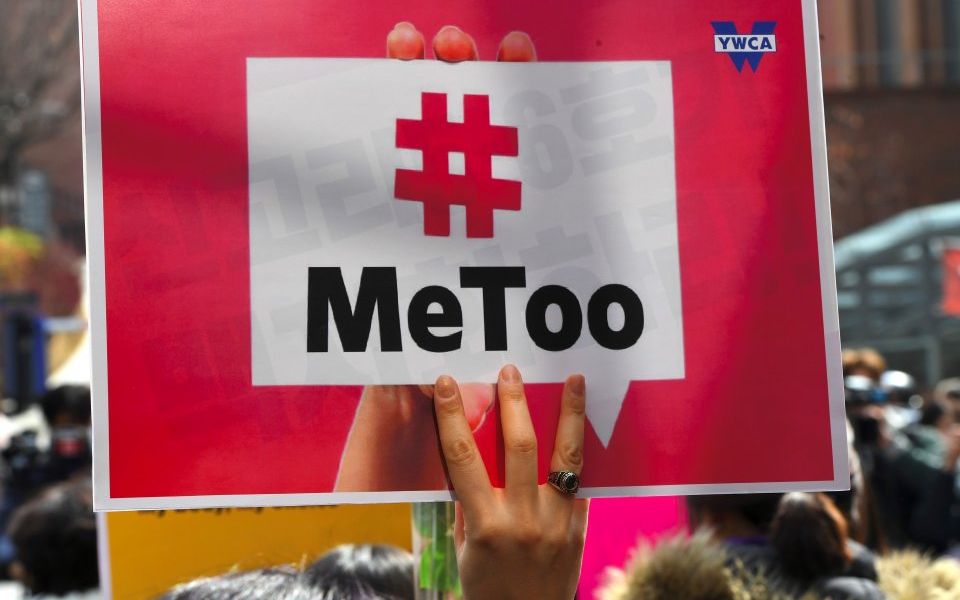DEBATE: Will banning NDAs in harassment cases stop victims agreeing confidential deals with employers?

Will banning NDAs in harassment cases stop victims agreeing confidential deals with employers?
John Oxley, a barrister at Vardags, says YES.
The prohibition of NDAs will stop companies from quietly hushing up the unpleasant and sometimes criminal behaviour of predatory employees. It may also, however, stop that behaviour from coming to light in the first place.
If a company cannot protect its reputation through agreement, it may be more likely to drag things out to a tribunal, forcing costs and stress on the complainant. This will only discourage claims and reports.
Employees too will know that the process may not be secret. The worry of a complainant that they could be victimised, or face ramifications in their own career for speaking out, will be exacerbated if they cannot wrap things up with an NDA. Indeed, the only way they may be able to protect their identity might be by going to the police, which could be unwelcome.
It is entirely right that the government supports victims of harassment – and the public wants action, especially in the aftermath of so many revelations of corporate scandals. But it should do so in a way which gives control to victims, not the government.
Read more: DEBATE: Will AI ever be able to be an unbiased decision-maker?
Clare Murray, managing partner at law firm CM Murray LLP, says NO.
This is not a general ban on confidential deals, only on deals which try to pervert the course of justice by stifling reporting of criminal offences to the police.
There are already restrictions on the use of NDAs to gag the reporting of wrongdoing – they are just not well-publicised. Even under the current law, an NDA cannot prevent anyone from reporting a criminal offence to the police. This proposed government ban would simply clarify the law for victims, and potentially give it teeth.
NDAs serve an important role in sexual harassment and also other employment claims: they relieve the immense burden on victims by providing a confidential resolution which avoids the need to go to an employment tribunal. That is not going to change.
The pressures on employers to reach a confidential deal with victims of sexual harassment are greater than ever before, and the proposed ban will not change that. It will just mean that both parties are better informed as to what the NDA really means.
Read more: Women put off by gender pay gaps when looking for new jobs, study finds